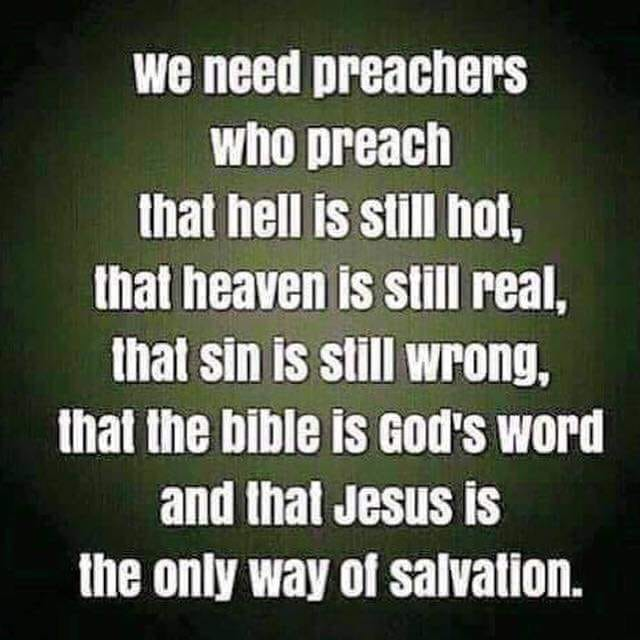I am not a “gloom, despair, excessive misery” type of person. Most of the time I strive to seek out the light at the end of the tunnel. But I am discouraged by our nation. It seems that God seems without substance. God has become almost unimportant. God has become an afterthought. God has become so inconsequential that He has become a supplement, something that you take at night to help you sleep. To me, God in America has become a necessary item to place on a shelf to be called upon when things get so bad that He is pulled of the shelf and shaken up like a holy talisman. If we take a poll, which we seem to think is the only way to figure out what we really believe, God may well still believe in God’s existence. But as one philosopher said, “we may nonetheless consider him less interesting than television, his commands less authoritative than their appetites for affluence and influence, his judgments no more awe-inspiring than the evening news, and his truth less compelling than the advertiser’s sweet fog of flattery and lies.”
I don’t know where the line is, but it is there. When does our apathy, poll driven, and politically correct country cross the line to where God has had enough? In my studies this week on the Minor Prophets, I read, “A jealous and avenging God is the Lord; The Lord is avenging and wrathful. The Lord take vengeance on His adversaries, and He reserves wrath for his enemies. The Lord is slow to anger and great in power, and the Lord will by no means leave the guilty unpunished.” Nahum 1:2,3.


